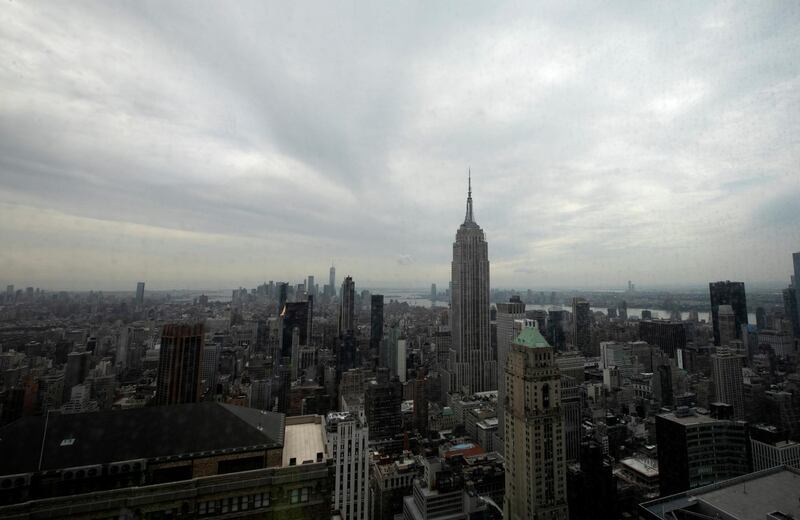US authorities charged a Tibetan man serving as a New York police officer with espionage, accusing him of gathering information about the city's Tibetan community for the Chinese government.
The officer, who worked at a station in the city's Queens neighbourhood, was directed by members of the Chinese consulate in New York, according to the indictment released on Monday.
Through his contacts with the Tibetan community, the man, 33, gathered information between 2018 and 2020 on the community's activities, as well as identifying potential information sources.
According to the indictment, the man, who is also an officer US Army Reserve, allowed members of the Chinese consulate to attend events organised by the New York Police Department.
The Chinese authorities allegedly paid him tens of thousands of dollars for his service.
The officer was charged with four crimes, including enlisting in the service of a foreign country on US soil, misrepresentation and obstructing the operation of a public service.
He was brought before a judge on Monday and taken into custody, a representative for the Brooklyn federal prosecutor told AFP.
According to the NYPD, he is currently suspended without pay.
Born in China, the man was granted political asylum in the US, claiming he was tortured by Chinese authorities because of his Tibetan ethnicity.
The investigation revealed, however, that his parents were members of the Chinese Communist Party.
After allowing Tibet to function autonomously from 1912 until 1950, Beijing retook control of the territory in 1951.






